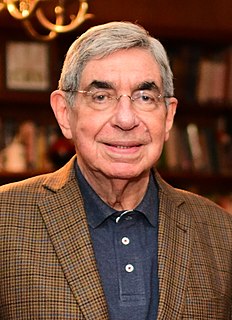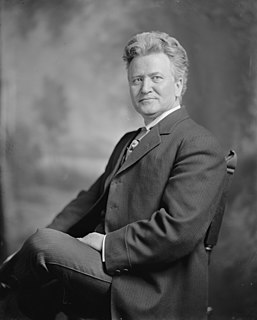A Quote by Myriam Miedzian
To be deeply committed to negotiations, to be opposed to a particular war or military action, is not only considered unpatriotic, it also casts serious doubt on one's manhood.
Related Quotes
We must be fully committed, but we must also be aware at the same time that we might possibly be wrong. People who claim to be absolutely convinced that their stand is the only right one...is a dead giveaway of unconscious doubt. Commitment is healthiest when it is not without doubt, but in spite of doubt.
Action had to be taken in response to the terrorist attacks on September 11, but I am very concerned about the current administration's rhetoric and apparent zeal to expand military action to other places. I'm afraid that terrorism is being used as an excuse, not only for possible military action in such places as Iraq, Iran, and the Philippines, but also for exorbitant increases in defense spending that have nothing to do with terrorism.
I opposed the Suez war, I opposed the Falklands war. I opposed the Libyan bombing and I opposed the Gulf war and I never believed that any of those principled arguments lost a single vote - indeed, I think they gained support though that was not why you did it. What has been lacking in Labour politics over a long period is a principled stand
THE LONG WALK is a raw, wrenching, blood-soaked chronicle of the human cost of war. Brian Castner, the leader of a military bomb disposal team, recounts his deployment to Iraq with unflinching candor, and in the process exposes crucial truths not only about this particular conflict, but also about war throughout history. Castner's memoir brings to mind Erich Maria Remarque's masterpiece, All Quiet on the Western Front.
When I was arrested opposing the war in Vietnam in 1965, as I said about 20 or 30% of people were opposed to the war. By 1968, more than half of Americans were opposed to the war. If you pull in Europeans, Canadians, people from around the Third World, the war was vastly unpopular. But even half of Americans by 1968 opposed the war.



































